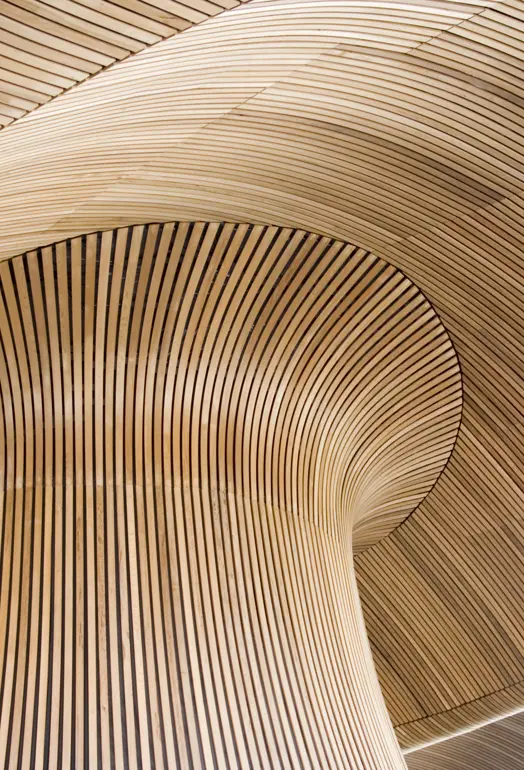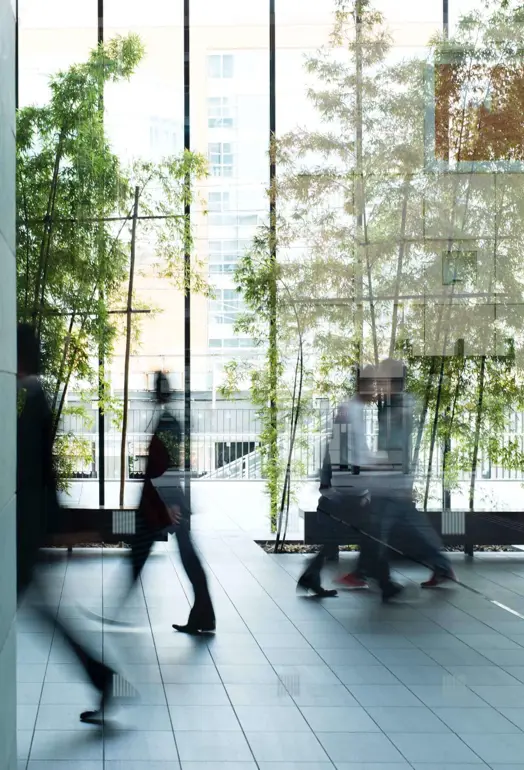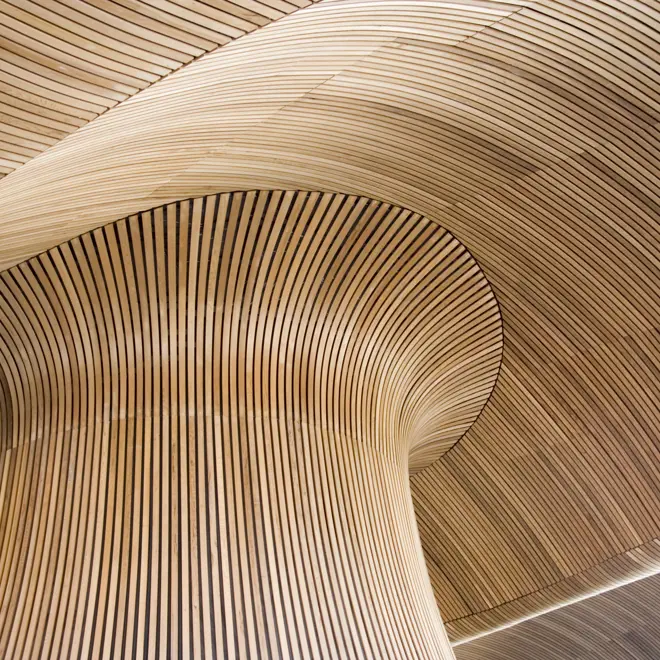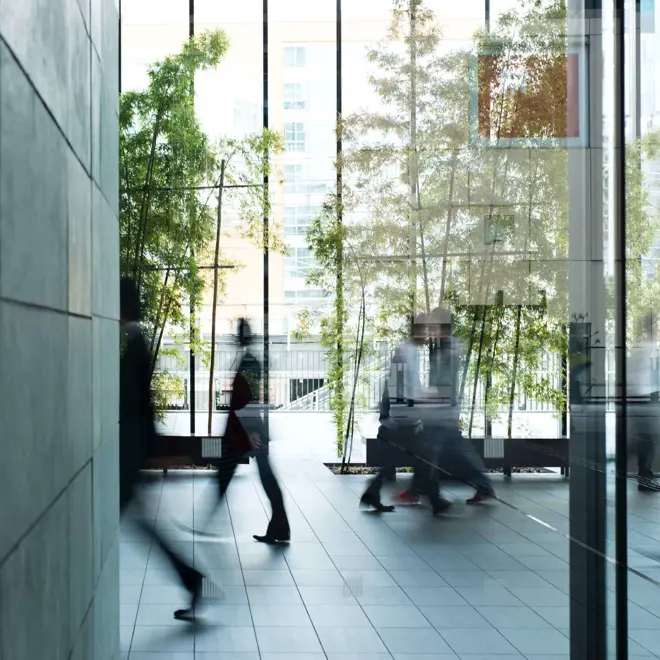What we do
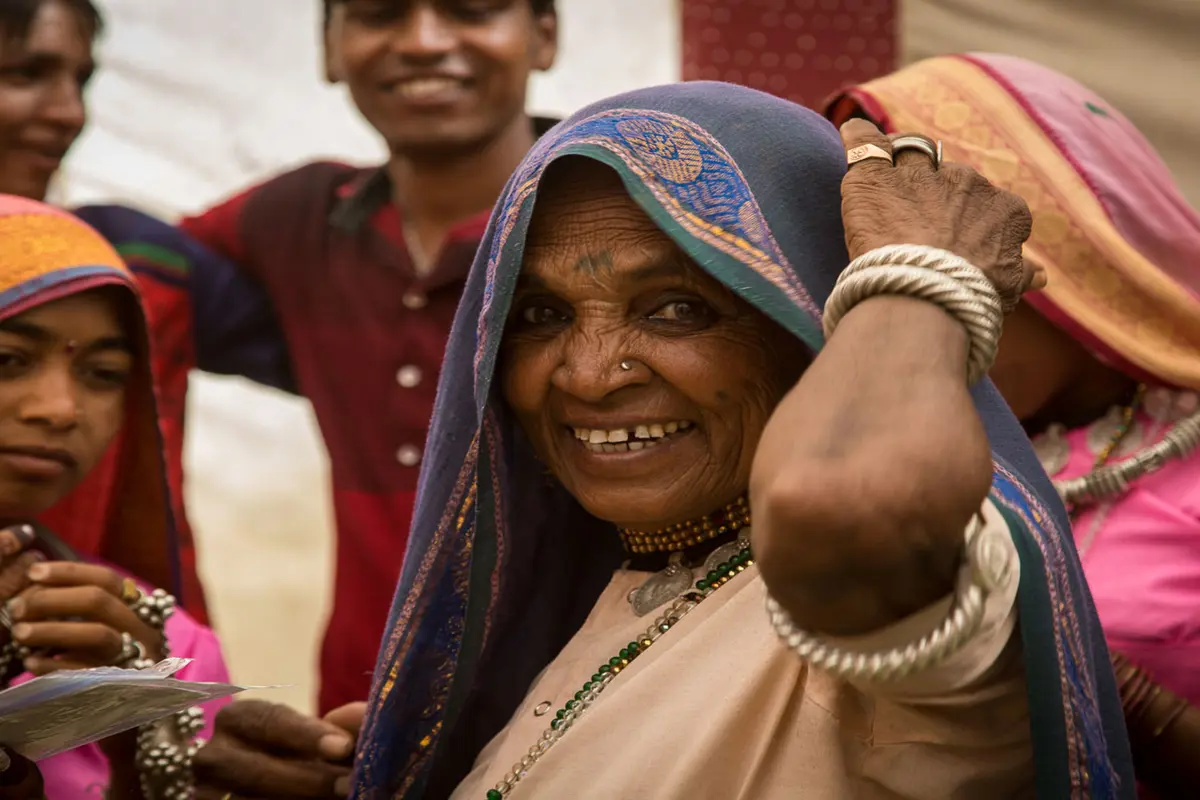
Accelerating the transition to a green, fair and inclusive economy.
At Laudes Foundation, we are addressing the defining challenges of our time, working at the intersection of climate change, nature loss and social inequality. We are driven by the belief that business, when guided by values, rules and incentives, can be powerful agents for positive change. Our approach combines the catalytic power of philanthropy to work with and through business and industry to advance system change.
Our vision
Economies that value all people, climate and nature.
Our mission
We support brave action to inspire and challenge industry to transition to a green, fair, and inclusive economy.
Programmes
Tackling systemic challenges requires a multifaceted approach
We focus on driving a just transition in four key industries with outsized impact on climate change, nature loss and inequality: built environment, fashion, food, and finance and capital markets. Additionally, our new cross-industry programme aims to create the enabling conditions that facilitate and advance fair and fast transitions across industries.
Industry Transformation Initiatives
Fashion for Good and Built by Nature act as catalysts for innovation and collaboration in two of our key industries of focus. These initiatives leverage philanthropy to ignite bold ideas and collaborations to accelerate leading companies ahead of the field in pushing innovations and business models into the mainstream.
Fashion for Good
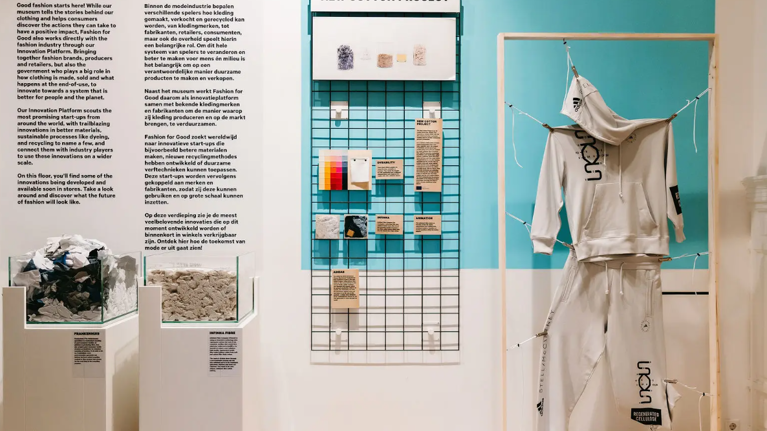
Fashion for Good, founded by Laudes Foundation, unites the entire fashion ecosystem to collaborate and drive change towards a regenerative industry. At its core, Fashion for Good enables disruptive innovators on their journey to scale, working directly with brands, retailers, suppliers, innovators, and funders to bring the most powerful innovations to market and catalyse system change with solutions that are better for climate, people and nature.
Visit Fashion for GoodBuilt by Nature
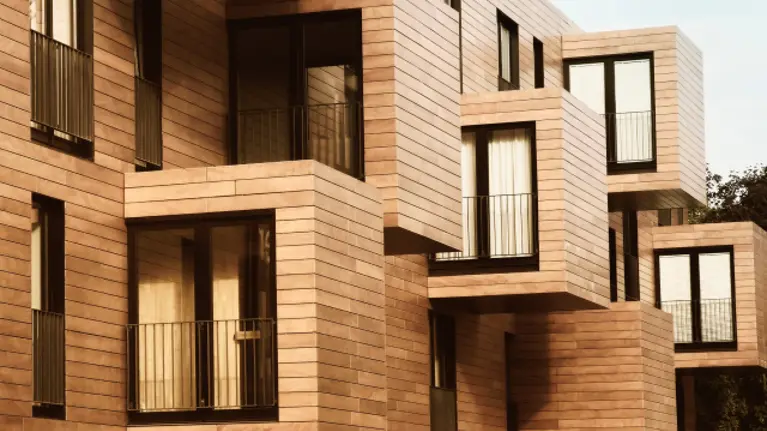
Built by Nature, founded by Laudes Foundation, is a network and grantmaking fund dedicated to accelerating the timber building transformation in Europe: radically reducing embodied carbon; safely storing carbon in our buildings for generations; and sequestering carbon by championing forest stewardship and regeneration.
Visit Built by Nature
APPROACHES
As a philanthropic foundation, we see our value not only in the resources we bring to the table but also in our ability to experiment, build the field, connect unlikely allies, and form communities of changemakers. The six approaches we believe will help us achieve the greatest impact are:
Advancing informed policies
We support our partners to amplify their efforts towards creating common standard and compelling incentives as conditions for industry transitions.
Building discourse
Through communications of insights and stories, we aim to explore and challenge assumptions, inspire and encourage diverse perspectives that inform decisions.
Cultivating alliances
We convene coalitions and learning networks that share insights, co-create solutions, and enable shared action towards green, fair and inclusive economies.
Scaling research and innovation
We find and support solutions that have the potential to inform just transitions in our industries of focus.
Strengthening accountability
We fund efforts that encourage transparency, set clear expectations, and hold industry to account for their social and environmental impacts.
Theory of Change
Our next strategy cycle for the period 2026 - 2031 has begun. We are working on refreshing our Theory of Change in line with the strategy. Our partners can access our previous Theory of Change on our Partner Portal.

Our Strategy


